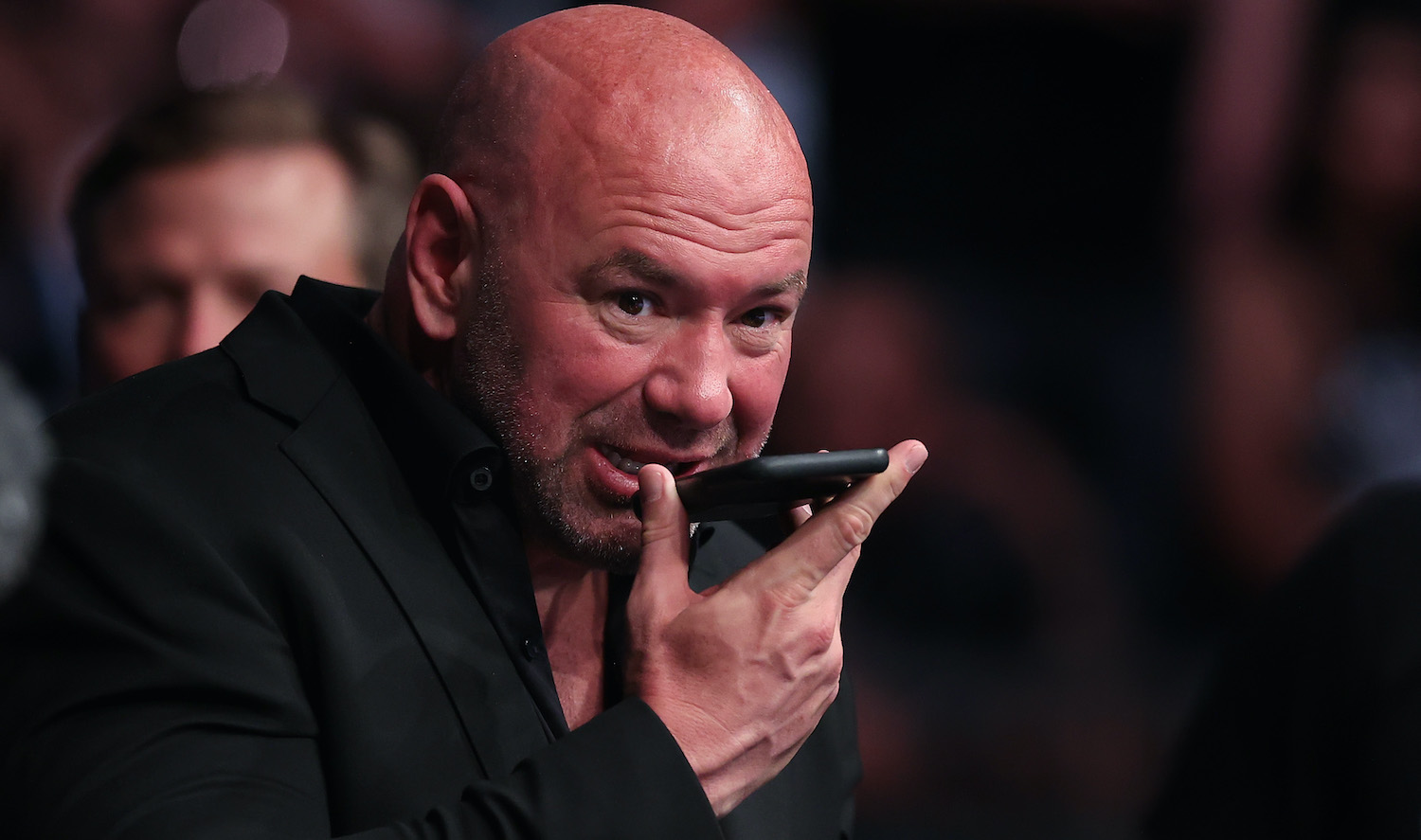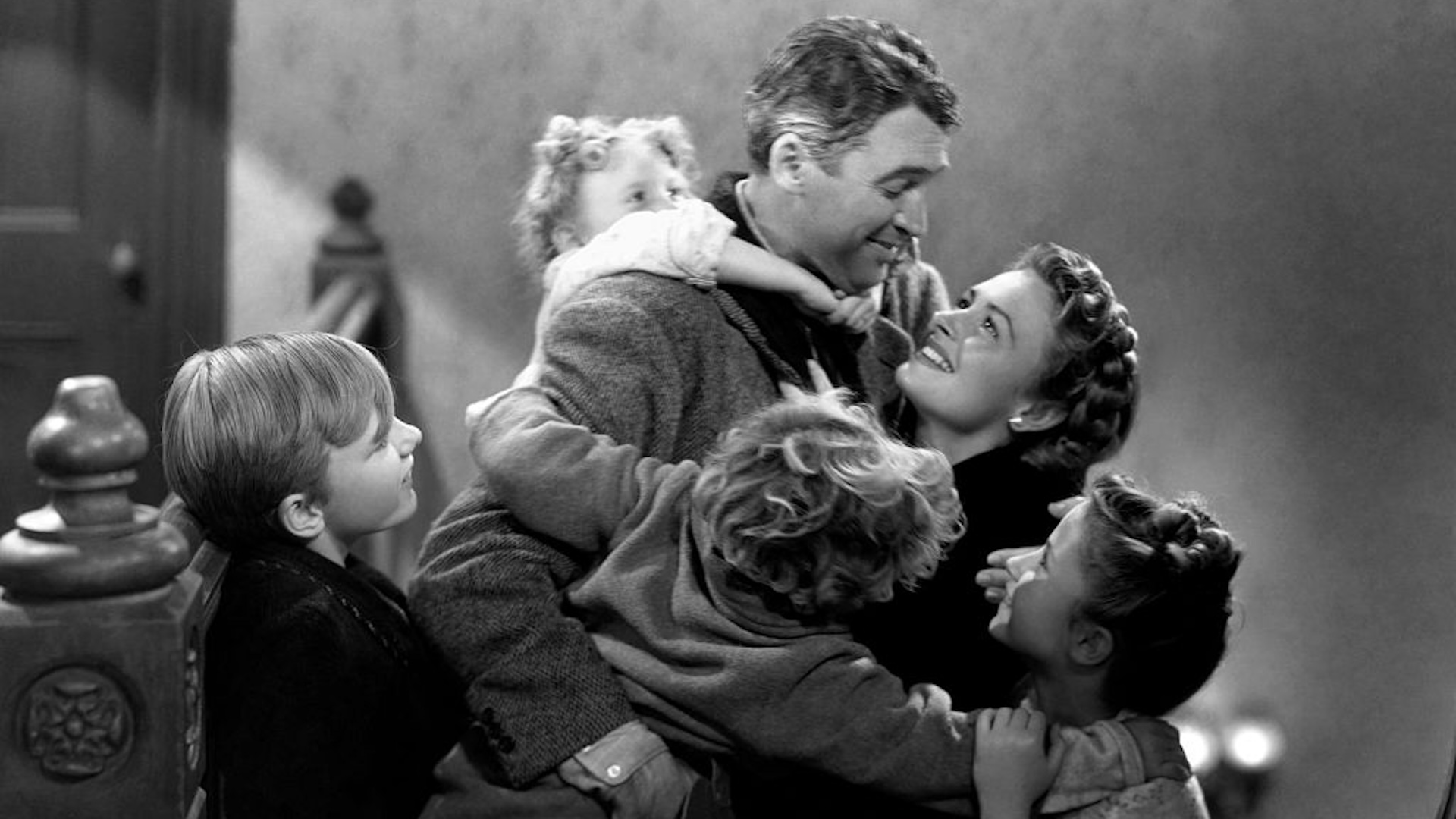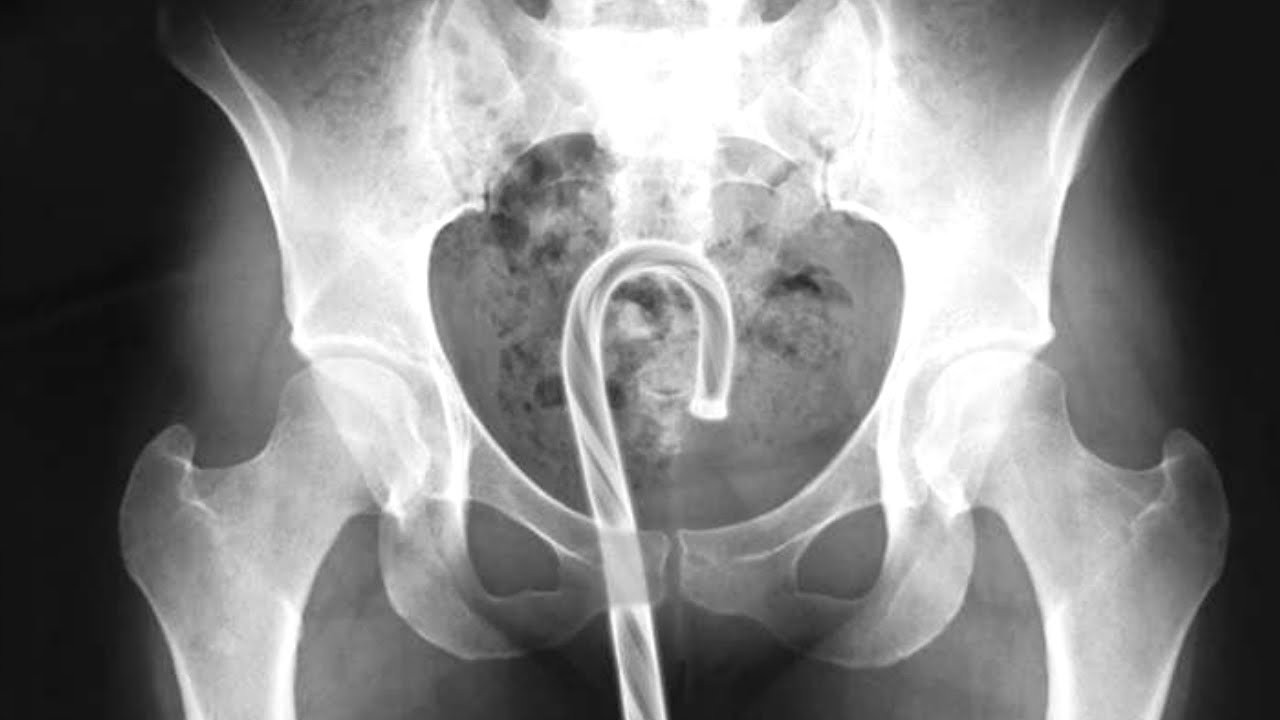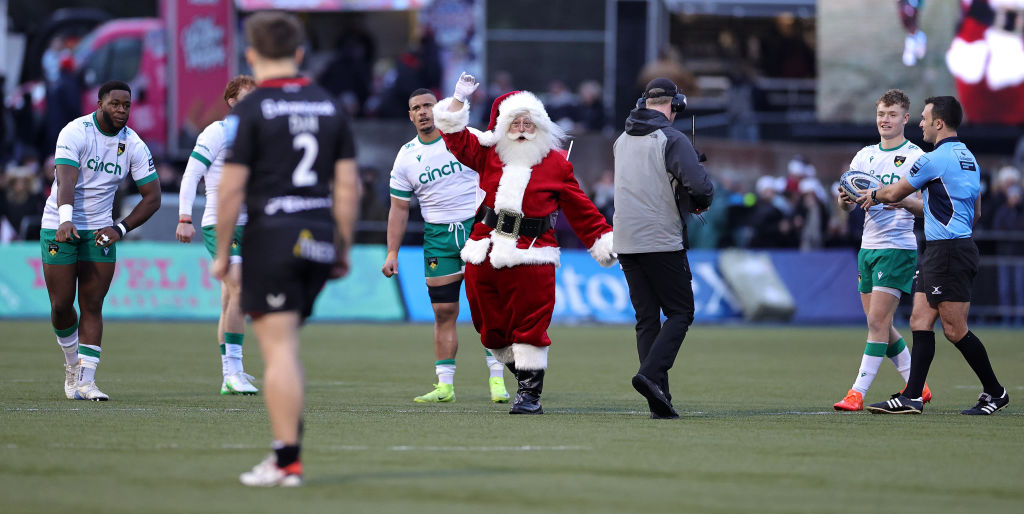Earlier this month, UFC fans got to pay $75, or $15 per fight, for the right to watch a narratively rich, technically mediocre UFC 276 pay-per-view. The lone in-octagon highlight was Alex Pereira knocking out former neo-Nazi Sean Strickland with a single, shocking punch; the rest of the event was pretty unremarkable fare, unless you're a huge Alexander Volkanovski fan. Underwhelming PPV experiences have always been a part of being a UFC fan, but it has never been more expensive to buy a fight card. Starting next month, the cost of an ESPN+ subscription will jump 43 percent to $10 per month, meaning that the cost of the entire UFC calendar will run you more than $1,000, per MMA Junkie. The new price is twice as much as it was two years ago. Since UFC fighters have no seat at the bargaining table, the ESPN deal was negotiated without their input, and they will see exactly zero dollars from the incoming revenue bump.
The UFC's rank exploitation of its fighters is neither a novel phenomenon nor one confined to a certain strata of fighter. Less than a year before he headlined the UFC 276 PPV, Jared Cannonier flatly declared, "I'm broke, so I need to fight," after a big win. This is an old and well-defined problem, but it's one that gets worse every day as the UFC finds new ways to keep its fighters away from its revenue. The 12-month period spanning Q1 2021 to Q1 2022 was the UFC's most lucrative year of all time, as revenues topped $1 billion. That huge figure translated into huge profit for top brass at the UFC and their holding company Endeavor, thanks largely to the fact that they only pay their fighters a paltry 17.5 percent of revenue. Endeavor likes to brag about their revenues, which naturally leads to questions about why their fighters don't have insurance or any stability. The canned line is that fighter pay has gone up 600 percent since 2005, a statistic that obscures the fact that UFC revenue and profits have leapt 1,700 percent and 6,200 percent respectively in that same time period. When pressed about the yawning discrepancy, UFC execs refused to comment.
Because of this built-in precarity, the UFC also has tremendous leverage over their fighters. Nate Diaz is a fan favorite and consistent draw for the promotion, and he has one fight remaining on his current UFC contract. Diaz said in a recent interview that he would like to step into the octagon one more time so he can escape his current deal and become a free agent, yet he believes the UFC is "holding me hostage" by tying all fight offers to a contract extension. It is in the UFC's interest to retain control over Diaz and keep him around for a trilogy fight against Conor McGregor instead of letting him bounce so he can fight Jake Paul or whatever, so even though Diaz has been asking to fight the terrifying Khamzat Chimaev (who would tear through the 37-year-old Diaz), the company is sitting on their hands and keeping Diaz from exercising any independence.
So, what is the ruddy face of the UFC supposed to do with all that money? The answer is a two-parter. One, spend it in the most ostentatious way possible, by gifting a quarter of a million dollars to a repulsive YouTuber guy and providing bulletin board material for any UFC unionization effort.
Uncle @danawhite just gave me $250,000 for my birthday.. pic.twitter.com/noH34JF8zY
— KYLE (@KyleForgeard) July 12, 2022
And two, spend money on lobbying federal lawmakers so any nascent organizing efforts remains difficult. Bloody Elbow reported that the UFC has formally disclosed hundreds of thousands of dollars in lobbying spending relating to two conjoined bills known as the Protecting the Right to Organize Act of 2021. Both H.R.842 and S.420 seek to alter the definitions of employer, employee, and supervisor in order to enshrine stronger protections for workers. All UFC fighters are contract employees, so the two bills would make their position slightly stronger and could pave the road to their recognition as employees. That's a critical step in any sort of hypothetical organization effort, so while the UFC didn't disclose which side of the bill they were fighting for, it's obvious that they see this legislation as a threat to their growing revenues. It is also obvious from White's birthday gift stunt that UFC management needs to be separated from their money as soon as possible.





